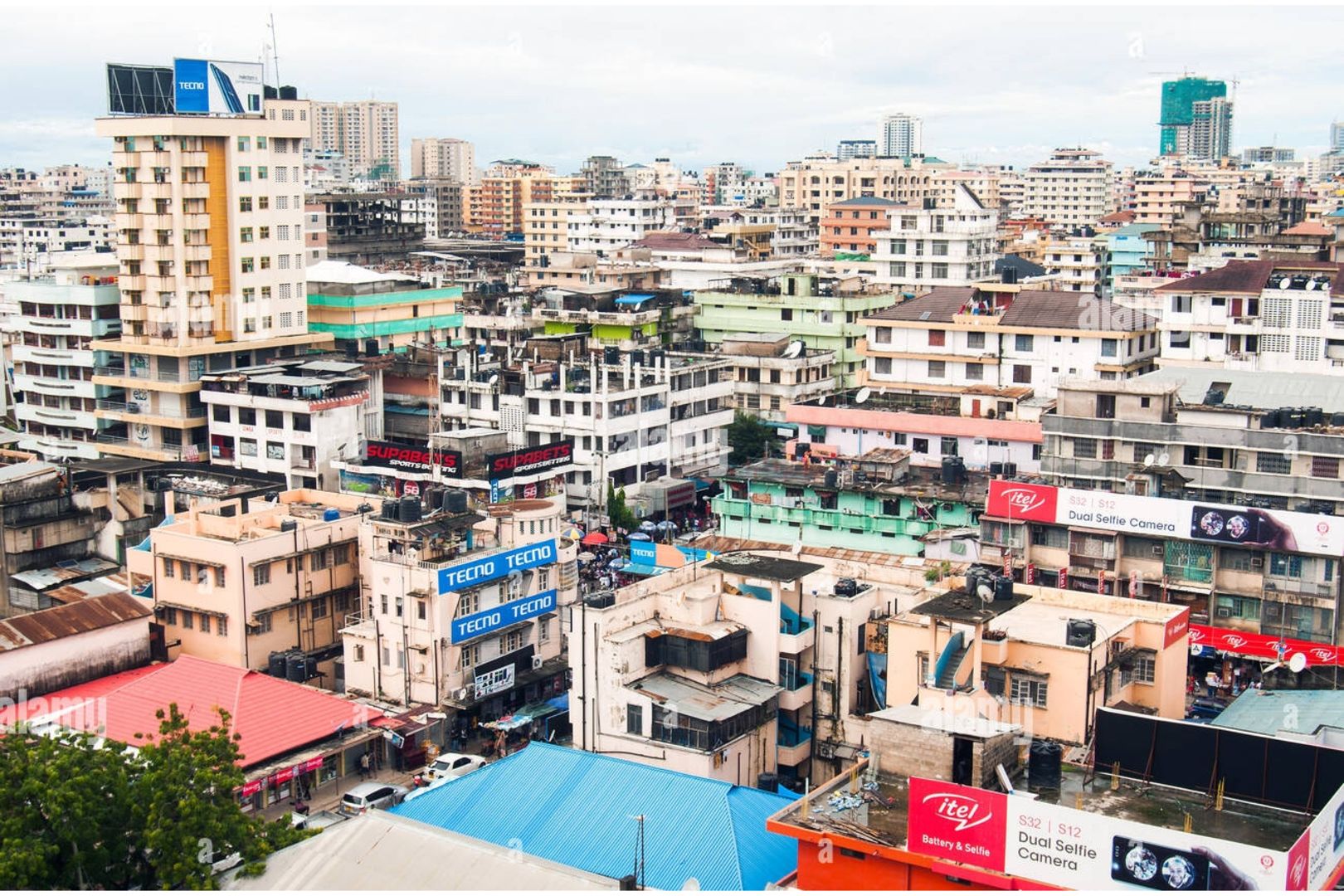Gas explorer creates 400 employment in Mtwara

Mr Derek Hudson
What you need to know:
- To date, almost 400 jobs have been created in Mtwara for the supply base for offshore operations.
INTERVIEW.BG Tanzania, a wholly owned subsidiary of BG Group, has been prospecting for natural gas for three years. BusinessWeek spoke to the company’s president and asset general manager for operations in East Africa, Mr Derek Hudson, and dwelt on a number of issues.
What is the update of your company’s operations in Tanzania?
BG Tanzania operates three offshore blocks off the southern coast of Tanzania, adjacent to Mtwara and Lindi regions. We have a 60 percent interest in these blocks with Ophir Energy, which has the remaining 40 per cent.
As BG, between ourselves and our business partners, we have so far invested over $1 billion in Tanzania.
When we talk of natural gas, we always think about liquefied natural gas or LNG. Do you have plans to build any LNG plant in Tanzania?
We are hopeful that our operations will lead to the construction of an LNG plant in Tanzania. We are currently working with the government and with Ophir, Statoil and ExxonMobil in exploring options and studying where and how best this could be done.
Thus, building an LNG plant in conjunction with Statoil and other international oil companies is under review.
Discussions to achieve this option are underway and are led by the government through the ministry of Energy and Minerals and TPDC [Tanzania Petroleum Development Corporation].
How much gas is in Tanzania?
No one is sure how much gas is in Tanzania. We can’t comment on other companies but we have had a very successful drilling programme and have total resources of around 13 trillion cubic feet of gas discovered to date.
What will you do with your gas?
Tanzania is fortunate to have onshore, shallow offshore and deep offshore gas reserves. The onshore and shallow offshore reserves are easier to develop and therefore ideal to supply gas for power generation and other projects with high multiplier effects in the economy. The deep offshore reserves, including those from blocks 1, 3 and 4 will be more expensive to develop due to the water depth and will need long-term investments and international LNG prices to develop. Gas will also be supplied to the domestic market from the deep water reserves.
When will the gas flow?
Deepwater offshore developments are costly, they take time and require high technology. It also requires thorough planning to ensure safety and environmental considerations are upheld. We therefore believe that BG Tanzania will begin producing gas sometime after 2020 at the very earliest.
How will the gas benefit Tanzanians?
To date, almost 400 jobs have been created in Mtwara for the supply base for offshore operations. Of the $40.5 million total investment in Mtwara, $31.8 million has been awarded to Tanzanian registered companies which pay corporate tax. These companies have supplied construction and engineering design services.
However, the two main benefits for Tanzania will be the considerable tax revenues that the government will receive. The consequence of the PSA [production sharing agreement] structure is that government revenues rise very quickly once operations do begin. Revenues from natural gas alone can significantly reduce the existing fiscal deficit. The people will benefit from the significantly enhanced spending power that the government will have to use as it sees fit.
How much tax do you pay?
We pay tax in a variety of forms, starting with the licensing process, through to VAT and income tax through our employees. PAYE by all staff since coming to Tanzania in 2010 amounts to Sh13.285 billion. During the same period we have also paid VAT amounting to Sh14.17 billion.
Other taxes/duties like withholding tax paid so far by BG is Sh31.066 billion. We are currently making no profits in Tanzania. If we start commercially producing gas in Tanzania, we will rapidly become one of the largest taxpayers in the country.
Does BG Tanzania support the Natural Gas Policy?
BG Tanzania is fully supportive of the government of Tanzania’s important work in setting out a robust regulatory framework for our industry.
What would be your take on claims that Tanzania will suffer the ‘resource curse’?
Sometimes, as a country starts to emerge as a viable oil and gas economy, there are fears of what has been described elsewhere as a ‘resource curse.’ We are committed to working with the government of Tanzania, and with others to help fill capacity gaps and to expand the opportunities that gas investments can bring – through linkages with regional and local economies, for example.
There are lessons from countries in other parts of the world which have successfully managed their natural resource endowments. One such lesson is that developing new skills – in the oil and gas sector, for example, and growing the oil and gas service industries operating to international safety standards can take a minimum of 20-25 years. Here in Tanzania, the government has a vision to becoming a middle income country by 2025. And BG is committed to doing its part to support Tanzania and its citizens to seize this opportunity and work towards realising the ambition set out in Vision 2025.




